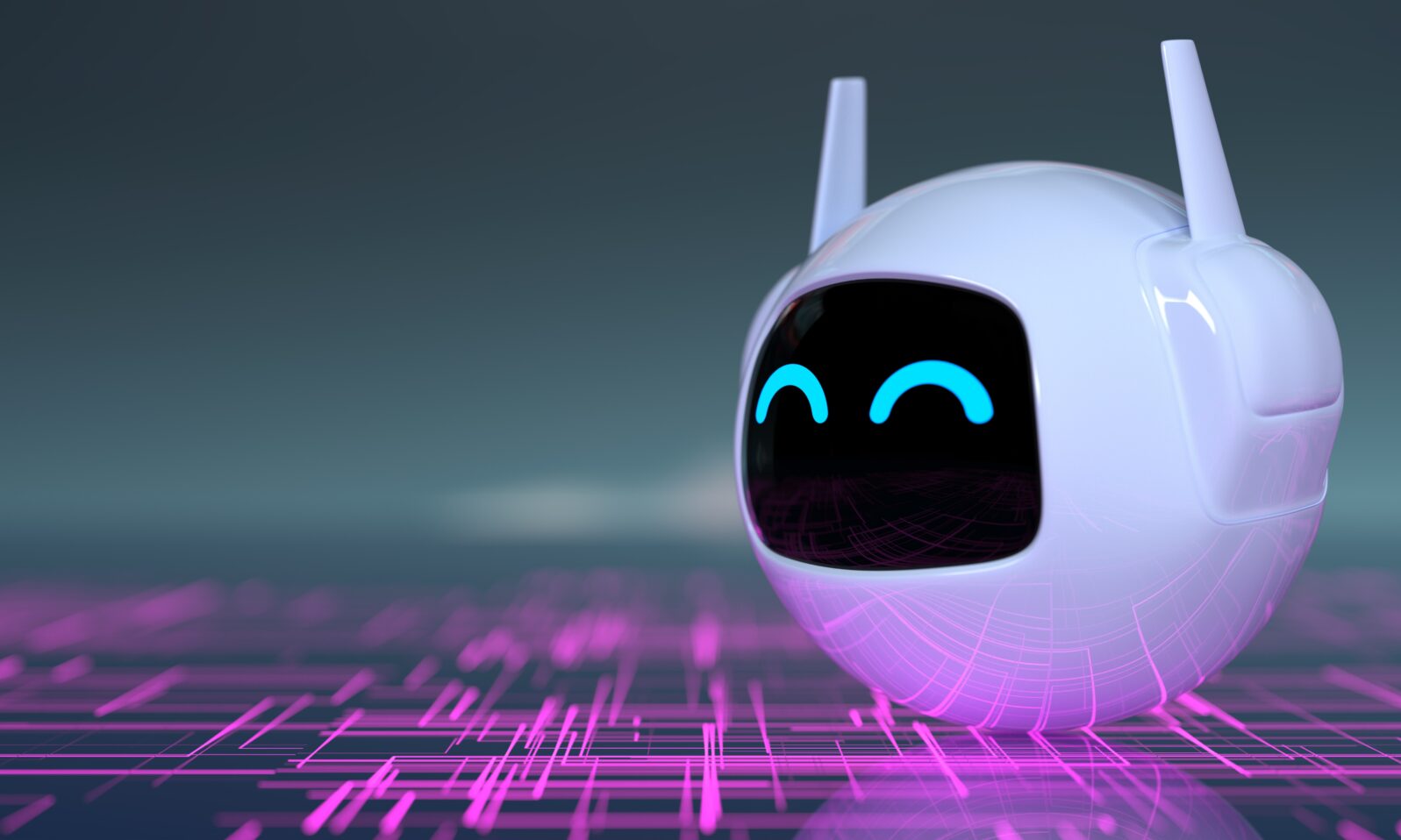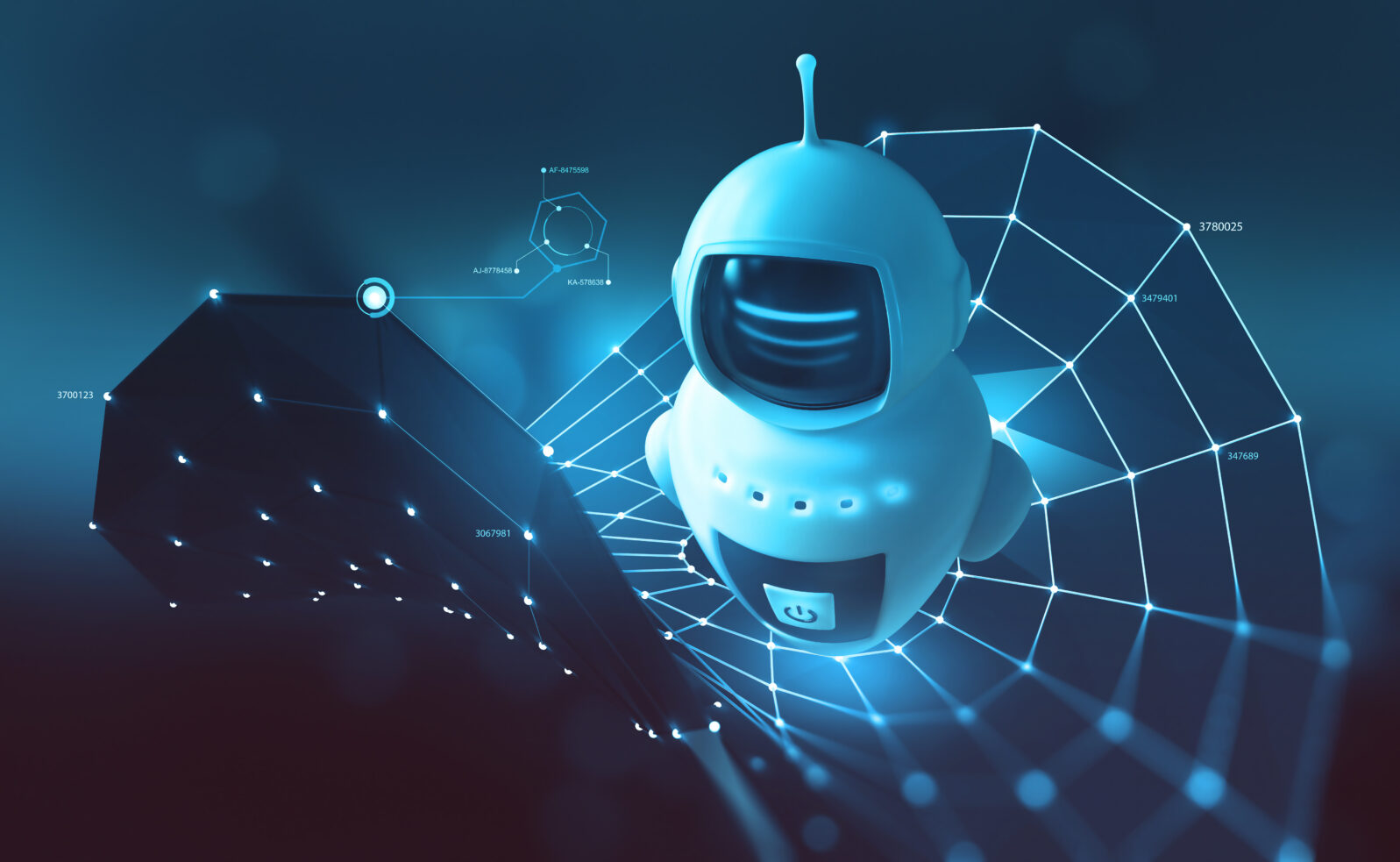About the claim that chatbot Claude 3 showed self-awareness…
Has anyone noticed the resemblance between the conviction that an AI project thinks like a human and that extraterrestrials are visiting us?Skywatchers: We spotted a UFO! Naw. That’s been around forever, yawn. Here’s one that’s comparatively new to the headlines: Engineer: My chatbot shows self-awareness!

Ars Technica has the latest version:
On Monday, Anthropic prompt engineer Alex Albert caused a small stir in the AI community when he tweeted about a scenario related to Claude 3 Opus, the largest version of a new large language model launched on Monday. Albert shared a story from internal testing of Opus where the model seemingly demonstrated a type of “metacognition” or self-awareness during a “needle-in-the-haystack” evaluation, leading to both curiosity and skepticism online…
During the test, Albert says that Opus seemingly suspected that it was being subjected to an evaluation. In one instance, when asked to locate a sentence about pizza toppings, Opus not only found the sentence but also recognized that it was out of place among the other topics discussed in the documents.
Benj Edwards, “Anthropic’s Claude 3 causes stir by seeming to realize when it was being tested,” Ars Technica, March 5, 2024
Not everyone’s eyes goggled. One industry pro tweeted, “Omg are we seriously doing the whole Blake Lemoine Google LaMDA thing again, now with Anthropic’s Claude?” He added, “A chatbot altering its behavior when we try to test it and measure performance is interesting & important to explore further. But quantum mechanics says nearly everything in the universe changes when we try to measure/test it–that doesn’t signify intent or sentience.” (March 5, 2024)
No, but now that every big software industry player seems to have a chatbot in the works, the competition becomes, “Which one acts most human?” And, of course, some are jumping the gun.
Have we already forgotten about Blake Lemoine?
Refreshing the news hole’s memory, Lemoine was placed on leave/fired by Google in 2022 for claiming that LaMDA, the chatbot he was working on, had feelings. Other engineers, including friends of Mind Matters News, disputed the claim.
He stuck to his story in 2023: Because AI can appear to act anxious and stressed, it can be assumed to be sentient. But, as Maggie Harrison notes at Futurism, “An interesting theory, but still not wholly convincing, considering that chatbots are designed to emulate human conversation — and thus, human stories.”
About Alex Albert’s claim earlier this month, theoretical physicist Sabine Hossenfelder similarly aired doubts, though she made clear that, as a materialist, she believes in the idea in principle.
How different is all this from the constant buzz about extraterrestrials?

The extraterrestrials have never arrived but that does not seem to have any impact on the buzz around them. As skeptic Michael Shermer noted last year, “It’s astonishing it’s come this far without any real evidence, without anybody in the scientific community making an appearance. We are still seeing not a shred of physical evidence.”
It isn’t so astonishing if we keep in mind that the belief in UFOs/UAPs serves a purpose: It promises that humdrum lives can be transformed into Star Trek. People don’t give up such beliefs easily. Look at some news items from recent years:
● “New message to aliens will reflect on Earth in danger of climate crisis.” Keith Cooper explains at Space.com (May 11, 2022), “‘Any aliens receiving our message won’t be surprised to hear about our climate crisis,’” Douglas Vakoch, President of METI International, told Space.com. “They’ve had decades to observe our plight from afar.’”
● A bit more on the skeptical side, Garrett M. Graff tells us at Wired, “After reading thousands of pages of government studies, extraterrestrial research, and scientific papers related to the possibility of intelligent life elsewhere in the universe, I’ve come to believe that in some ways aliens might be the least interesting answer to the questions around UAPs and UFOs. Similarly, the AARO report may one day be seen as closing the door on alien spacecraft while opening the door to something even more fantastical.” (“The 4 Big Questions the Pentagon’s New UFO Report Fails to Answer,” March 11, 2024) Ah, but what they’ll never close the door on is the need for something “fantastical.”
● Last but certainly not least: Johns Hopkins University: “Interstellar signal linked to aliens was actually just a truck.” “Sound waves thought to be from a 2014 meteor fireball north of Papua New Guinea were almost certainly vibrations from a truck rumbling along a nearby road, new Johns Hopkins University-led research shows. The findings raise doubts that materials pulled last year from the ocean are alien materials from that meteor, as was widely reported.” (Phys.org, March 7, 2024)
Just as the extraterrestrials are Out There because we don’t want to think we are alone, chatbots are Becoming Human because we don’t want to feel we are unique. Truth or falsehood has little to do with these cultural moods. Facts are much too cold to inspire many people, it seems. Whether they believe or not will likely depend on what they need from their environment.
You may also wish to read: Blake Lemoine and Robert J. Marks on the Mind Matters podcast Marks and Lemoine discuss sentience in AI and the question of the soul. Lemoine thinks AI can be sentient but Marks firmly rejects such a notion. While disagreeing, they maintained a respectful dialogue. Well worth listening to.
